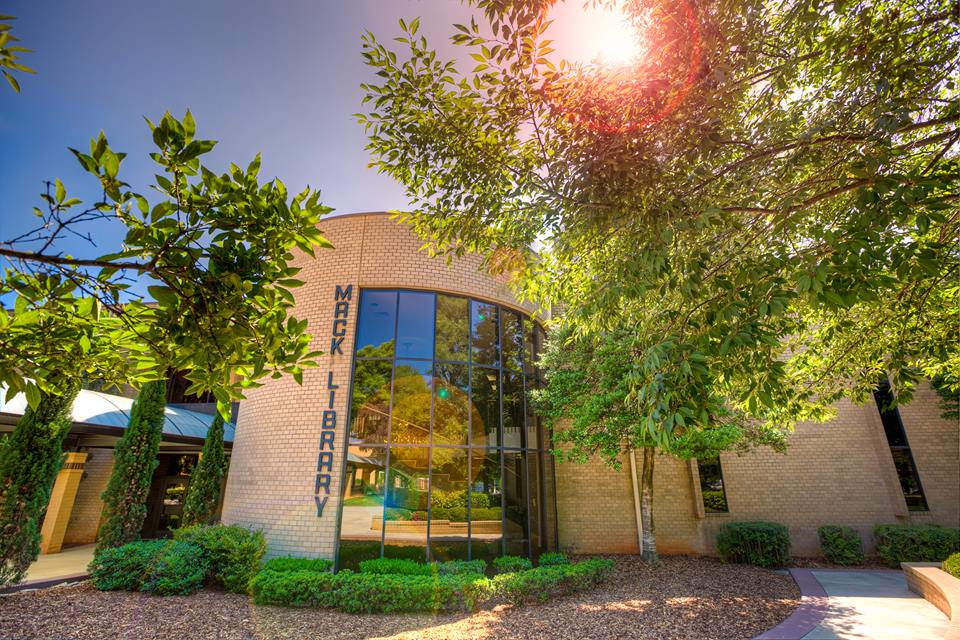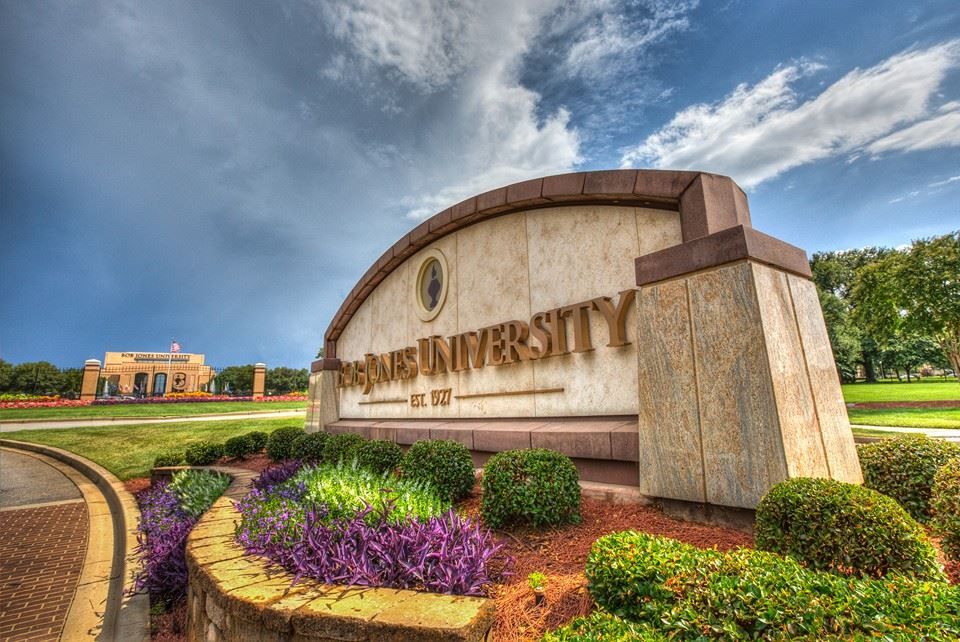Players that know their role thrive and contribute greatly towards the success of the team. How about you, coach? Do you know your role? Do you know how to keep growing in your role?
Although we are not perfect or anywhere near perfect, I believe that our staff at Bob Jones University does a tremendous job of working together and performing our individual roles. I recently had a discussion with another assistant on our staff and he asked me, "When you're around me, how much effort do I give? A percentage." I really appreciated his question as it showed his desire to learn and grow, but it also challenged me to assess my effort in my current role. As we carried on our conversation we both determined that we could give more to the team and keep encouraging each other's growth to position our program in the best way possible. You see, no matter how good we think we are doing or how well our program is portrayed, there is ALWAYS room to get better.
We all know the various responsibilities you need to carry out as a college basketball coach such as scouting, film breakdown, & recruiting. But I wanted to give you a few leadership skills that we often overlook that can help you perform your role at an elite level. These are all aspects of my development as a coach that I am working on currently.
EFFORT
When you work a million hours a week (or so it seems sometimes) it's hard to imagine that you aren't giving your best effort. As I had my conversation with Coach Miller, he challenged me with the fact that we can give so much more effort in many ways. But how do we give more effort? What does that look like? The following traits will all contribute to giving our maximum effort on a daily basis.
ATTITUDE
Come to the office every day with a positive mindset. Be determined to impact those around you by making them better. Smile more, complain less. Be interested in other's lives and ask questions about them. If you can go in to every day with the ability to make someone else better you will be setting yourself up for success.
ENTHUSIASM
Many people mistake enthusiasm for "Rah Rah" type of talk and shy away from being enthusiastic. However, enthusiasm is defined by dictionary.com as:
1. absorbing or controlling possession of the mind by any interest or pursuit; lively interest:
2. an occupation, activity, or pursuit in which such interest is shown:
Being enthusiastic as a college basketball coach simply means giving your best when your best is required. It means taking your passion to another level and using your gift to impact others. You can show your effort by being more enthusiastic even when you don't feel like it.
FOCUS
Focusing on a task for long periods of time is always a struggle for many, including myself. I don't know why, but it's definitely an attribute that people need to improve! Your effort is directly impacted by the focus you put forth in anything you're doing. As coaches, we owe it to our staff and our players to commit our focus to things that will make us better. Make yourself a quiet place to concentrate for a little bit. Find some music that will keep your mind focused on what you're doing. Whatever you need to do to focus better, do it!
Although there are so many more character traits that we can develop to be more successful in our roles, I believe that these are all things that we can control and get better in. They are basic, but they are powerful. Let's continue to hold each other accountable and keep growing and learning together as coaches to impact the lives of those around us!





